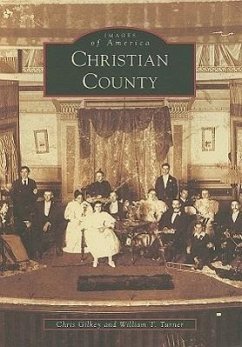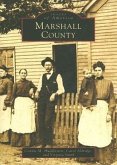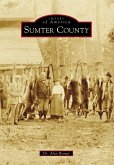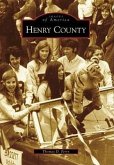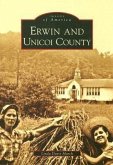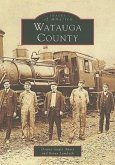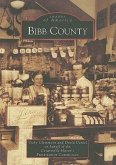In the years since Christian County was founded more than 210 years ago, the rural area--including many small communities and the county seat of Hopkinsville--has become a historic treasure of various architectural styles. Water-powered mills are representative of the first local industry. Blacksmith shops, followed by several small craft shops, preceded the largest 19th-century industry: the manufacturing of Mogul brand farm wagons. A plow factory and a butter manufacturing facility were also two of several short-lived industrial attempts to make a great financial success. Throughout the 20th century, changing social and economic growth brought the demolition of many priceless architectural examples. This title presents a close observation of many of these vanished landmarks, with old churches, public buildings, country stores, schools, and road toll gates providing a glimpse into the county's past.
Hinweis: Dieser Artikel kann nur an eine deutsche Lieferadresse ausgeliefert werden.
Hinweis: Dieser Artikel kann nur an eine deutsche Lieferadresse ausgeliefert werden.

